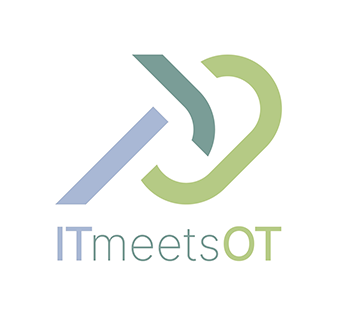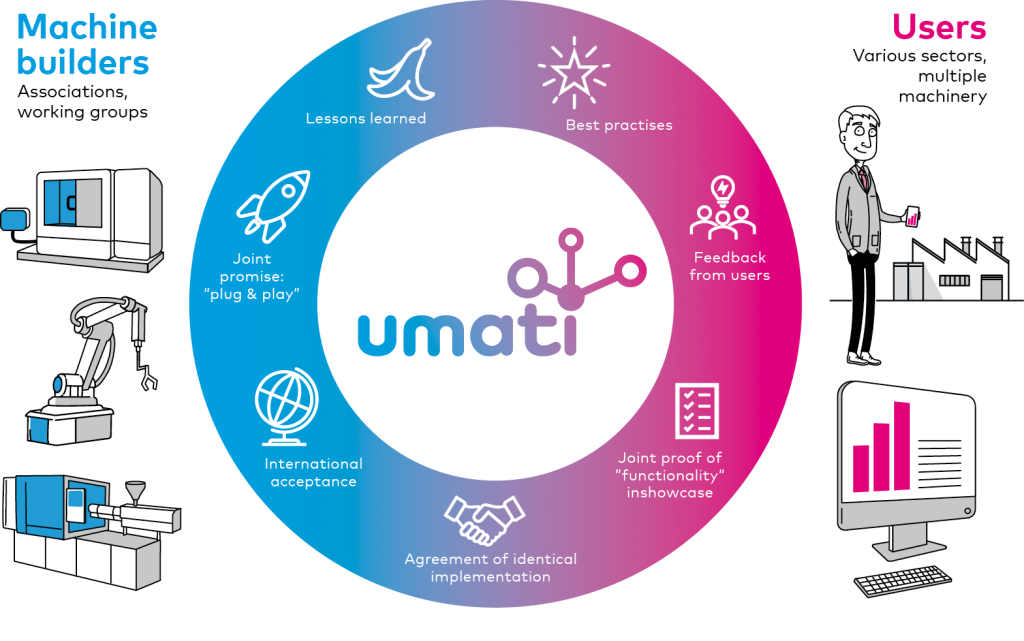IT meets OT: Technical and Regulatory Security for Industry 4.0 Machine Interfaces

One critical aspects of the digitalization in the swiss production industry lies in the convergence of Information Technology (IT) and Operational Technology (OT). As factories embrace the era of Industry 4.0, they increasingly deploy autonomous, intelligent, and decentralized machine and system networks interconnected through integration platforms, forming a unified data ecosystem. To facilitate this integration, new communication standards and interfaces such as OPC UA (Open Platform Communication Unified Architecture) and the UMATI standard are being utilized.


However, with this integration comes a pressing challenge: ensuring the security of data interfaces. How can manufacturers and integrators validate the security of these interfaces effectively? While the utilized standards and protocols offer configurable security features such as encryption and authentication, they are often implemented without thorough consideration of their efficacy in ensuring data security or compliance with regional regulations. This is particularly pertinent given the diversity of regional requirements, specific customer demands, and varying data protection laws.
To address this challenge a collaborative effort involving Endress + Hauser Flow, Industrie 2025, the University of Applied Sciences and Arts Northwestern Switzerland (FHNW), and supported by Innosuisse, is underway. Together, they are researching and developing a solution focused on evaluating the security of Industrie 4.0 machine interfaces.
The project aims to create a software-based tool that assesses the security and regulatory compliance of standard interfaces in the realm of Industrie 4.0. This tool will facilitate consistent and criteria-guided evaluation of machine integrations, providing actionable recommendations to reduce downtime, mitigate costs associated with cyberattacks, and enhance data security. Crucially, the project also seeks to incorporate country-specific and regulatory factors into the security assessment, taking into account differences in data protection laws such as the revised and tightened data protection laws in Switzerland compared to those in the EU and the USA.
The ultimate goal is to empower employees, regardless of their specialization in data security and privacy, to conduct consistent and criteria-guided assessments of systems. Furthermore, the project aims for a 50% increase in efficiency compared to existing methods.
In preparation for the tool’s launch, the project is actively seeking test users to provide feedback on its usability and benefits. If your company is interested in participating as a test user, you are encouraged to reach out for further information. A prototype of the tool is slated to be available by the end of 2024.
This innovative project is part of the FHNW Digital Trust Competence Center’s endeavors to foster trust and security in the digital realm. For specific details about the Industrie 2025 project on securing Industrie 4.0 interfaces, please visit this page.
In an era where digitalization is reshaping industries worldwide, initiatives like Industrie 2025 are not only crucial for Switzerland’s competitiveness but also guide the evolution of global manufacturing towards a safer and more resilient future.